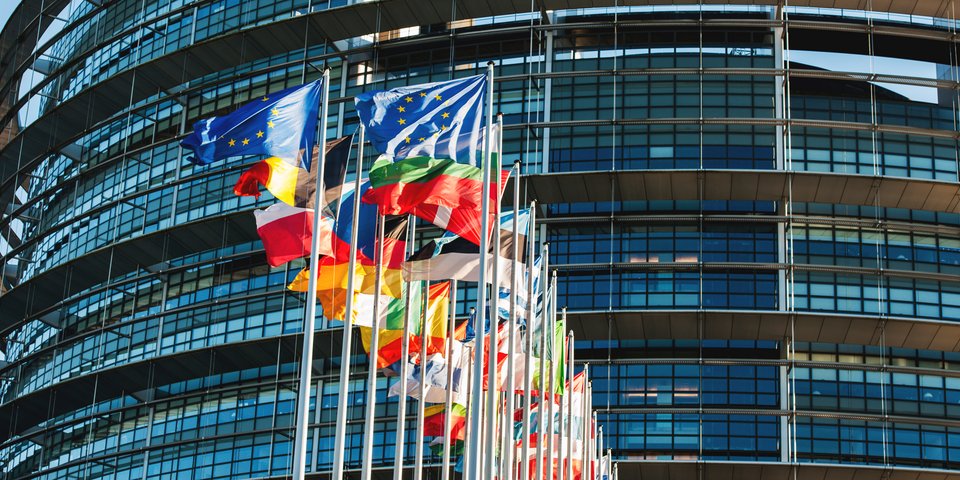 AdrianHancu
AdrianHancuThe future of the EU following the European elections
EU Parliament discusses future European policy challenges.
IF – 04/2019
How can we advance
Europe? What will happen to the European Union after the European elections?
These are the questions that many in Brussels are currently pondering. The
European Parliament has also been dealing with these issues. The own-initiative report by rapporteur Jáuregi Atondo (S&D, ES), which was adopted by the European
Parliament in February, looks at social policy influences on past and future
European policy.
The last few years have
been marked by intensive debate on migration, terrorism and security, digitalisation,
climate change and completion of the Economic and Monetary Union. But numerous
social policy issues have also been on the agenda. An initiative which has been
at the centre of much discussion is the European Pillar of
Social Rights, which serves as a compass for
a renewed upward convergence towards better working and living conditions in
the European Union.
The European Parliament
believes that these challenges must now be jointly addressed and developed at
European level. The European Union should therefore take further measures to
improve inner-European cohesion in line with the interests of the Member
States. In addition, framework conditions should be created to enable Union
citizens to enjoy optimum living and working conditions, such as fair pay and the
best workplace protection possible.
In
addition, the report also deals with the issue of optimising European
legislative processes in the social field. The report proposes changing the way
decisions are made by moving from the principle of unanimity, which has been
partially applied, to qualified majority voting. In the opinion of the MEPs,
this would lead to an acceleration of legislative processes. This is a matter
that the Commission is also pursuing (see article 'The end of unanimity in European social policy?' of April 2019).
The
MEPs also recommend enhancing economic and social convergence through further
reform efforts in economic, tax and labour market policies. The next Parliament
will also seek further improvements in social policy and the continued
implementation of the Pillar of Social Rights. In order to finance the
implementation of these objectives, a balanced EU budget and a stable euro area
are needed to ensure long-term stability and continued growth in Europe.
The report calls for the
Member States to deal with antidemocratic and anti-European sentiments. Not
only are an increasing number of anti-European MEPs expected to join the new
Parliament, the Christian Democrats (EPP) and Social Democrats (S&D) are
also likely to lose their joint parliamentary majority for the first time.
The
report also calls for compliance with the ‘Spitzenkandidat’ process as set out in the Lisbon Treaty, according to which only candidates who
can command a majority in the next European Parliament can be put forward for
election as Commission President.
It will
be very interesting to see what form the next Parliament and the new Commission
take in terms of content and persons.
